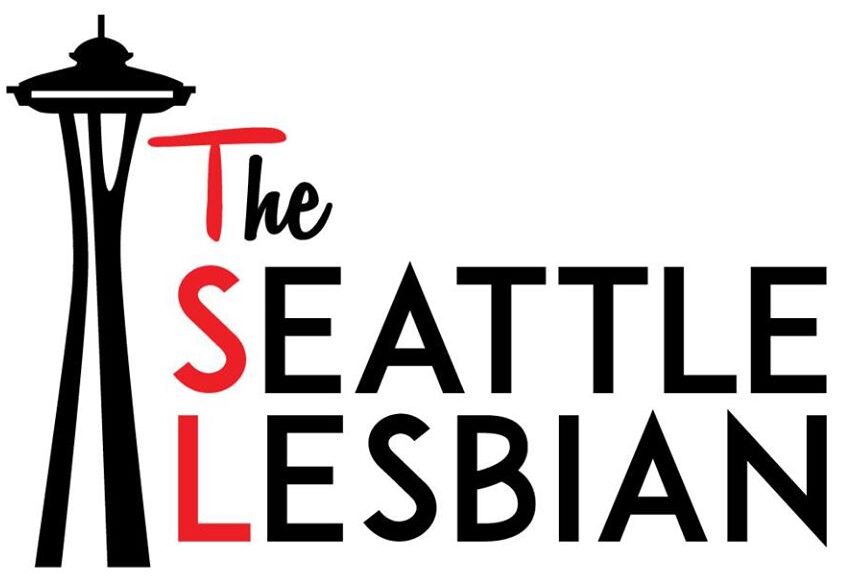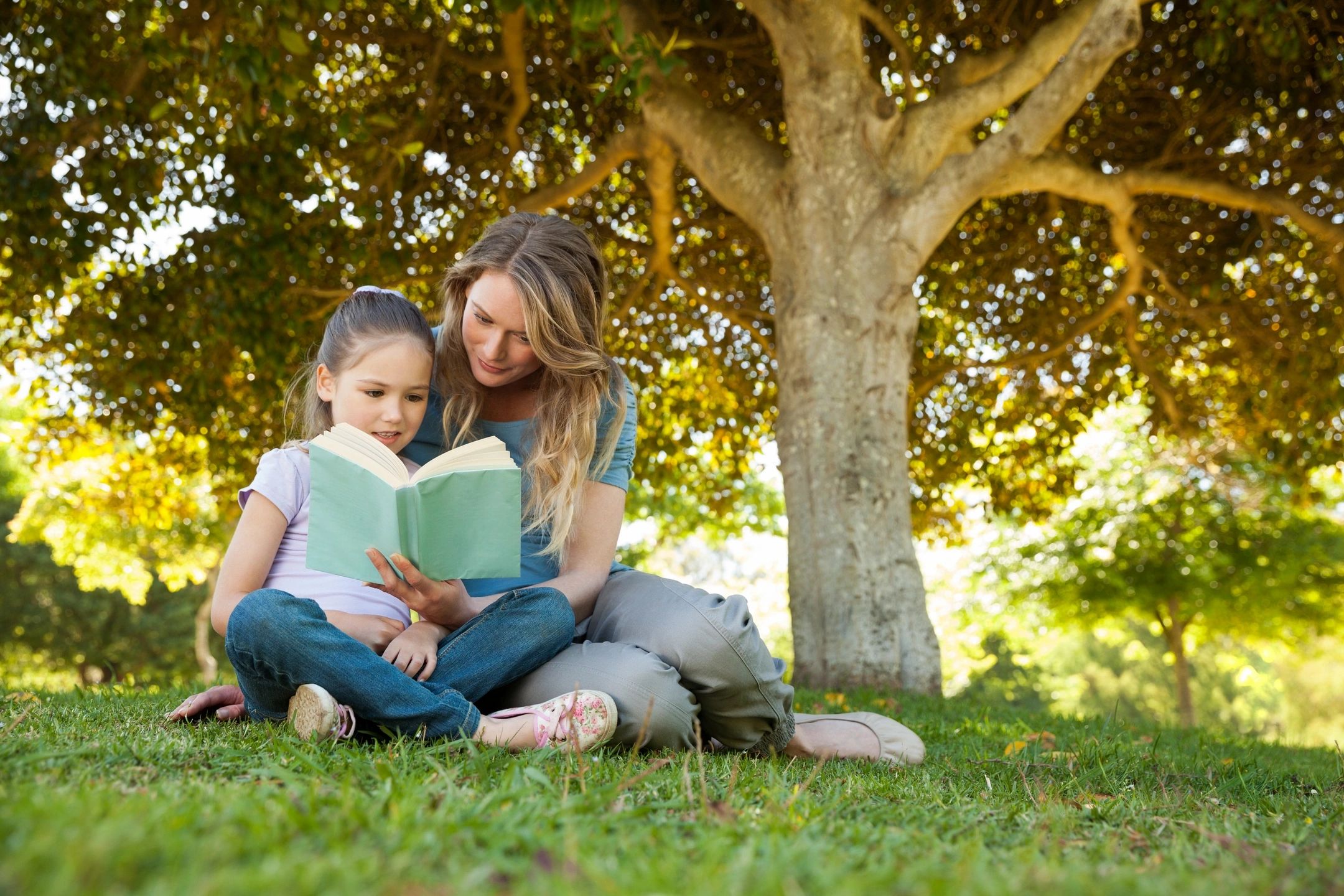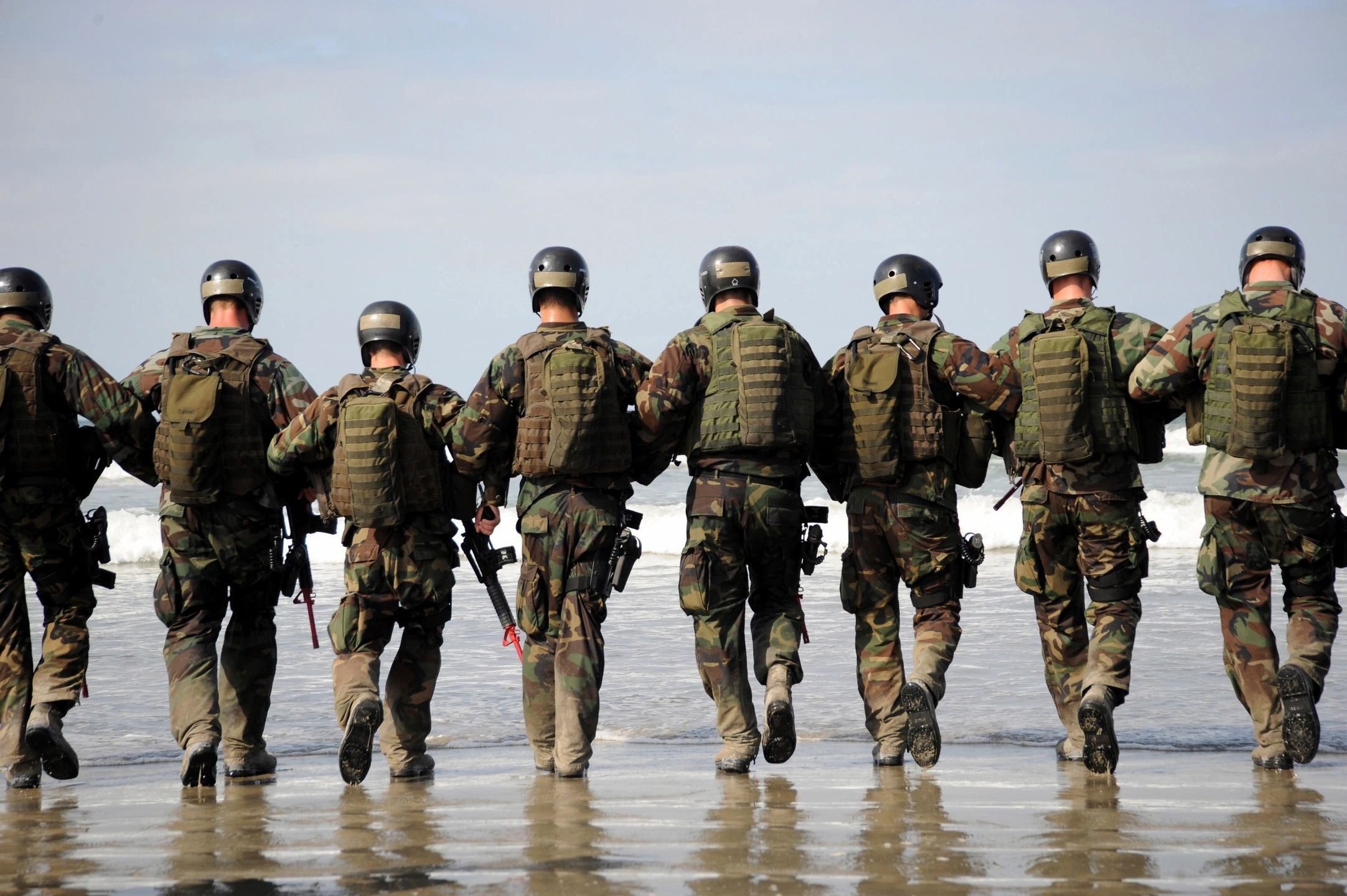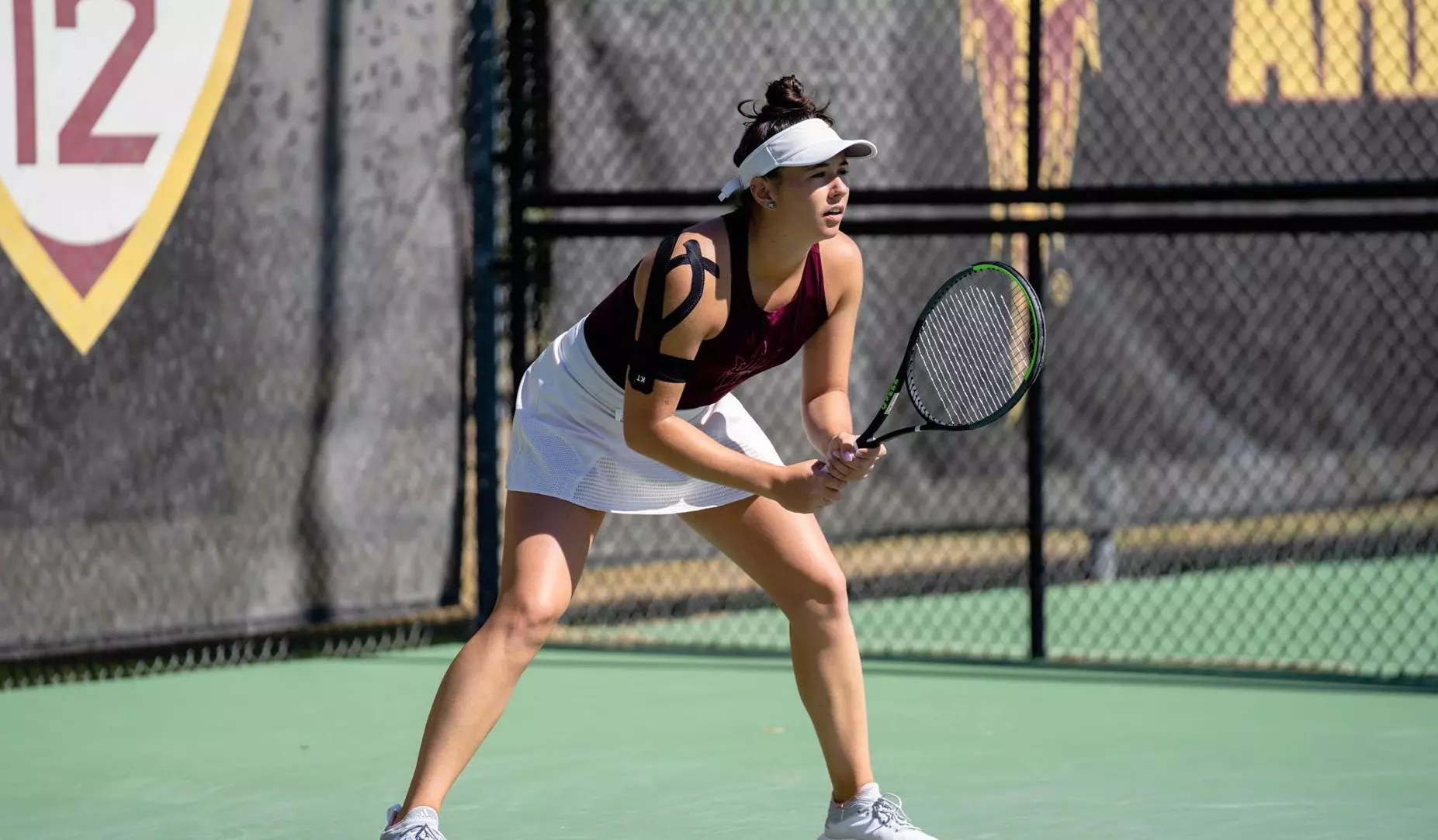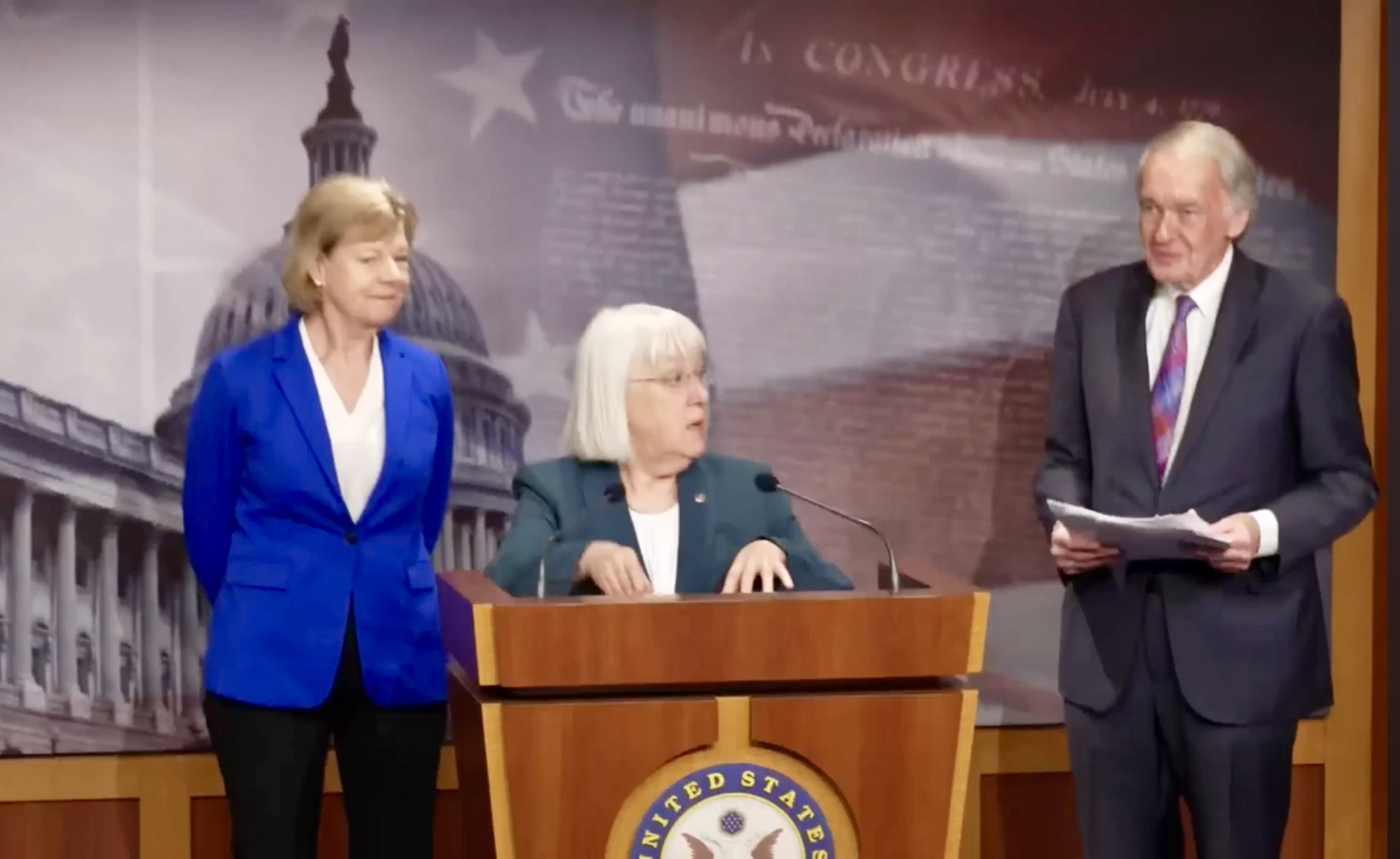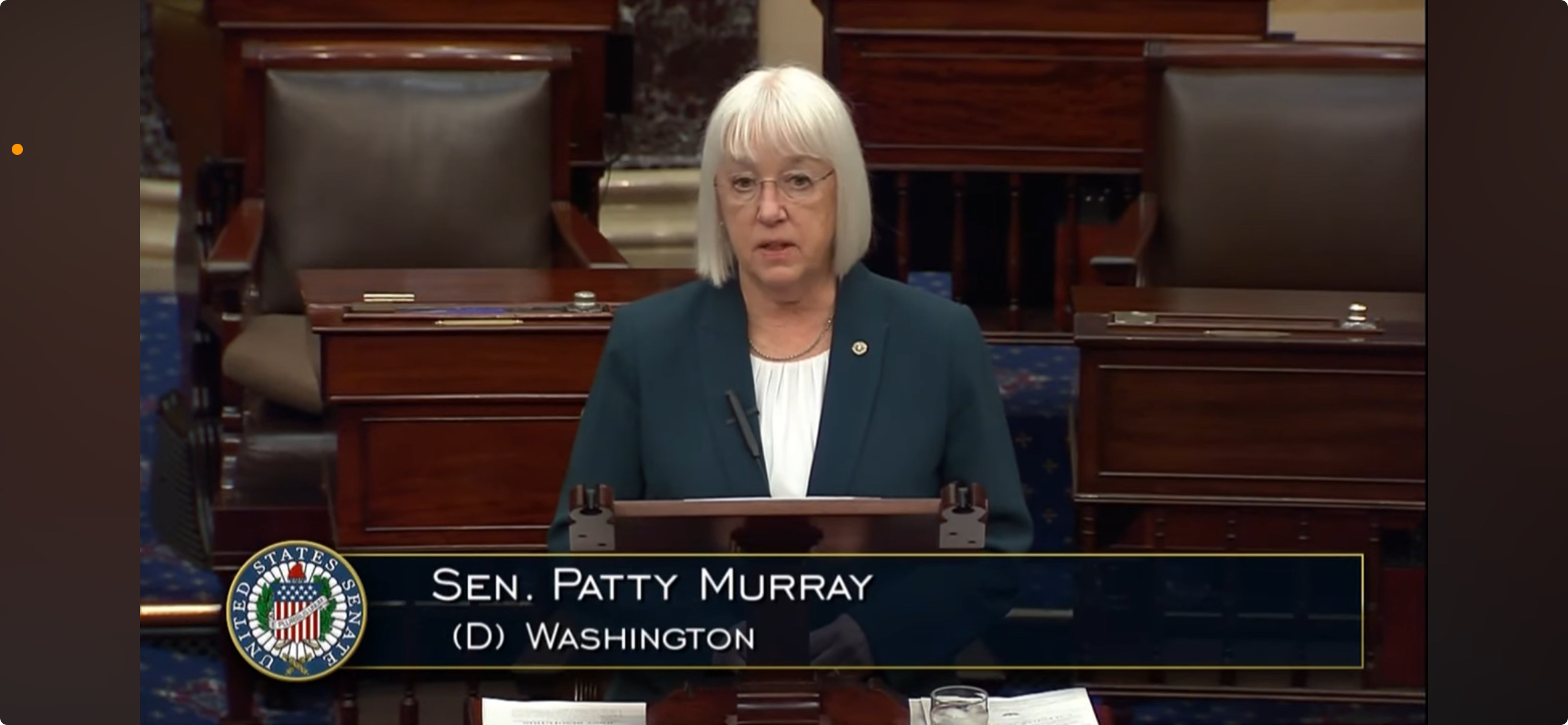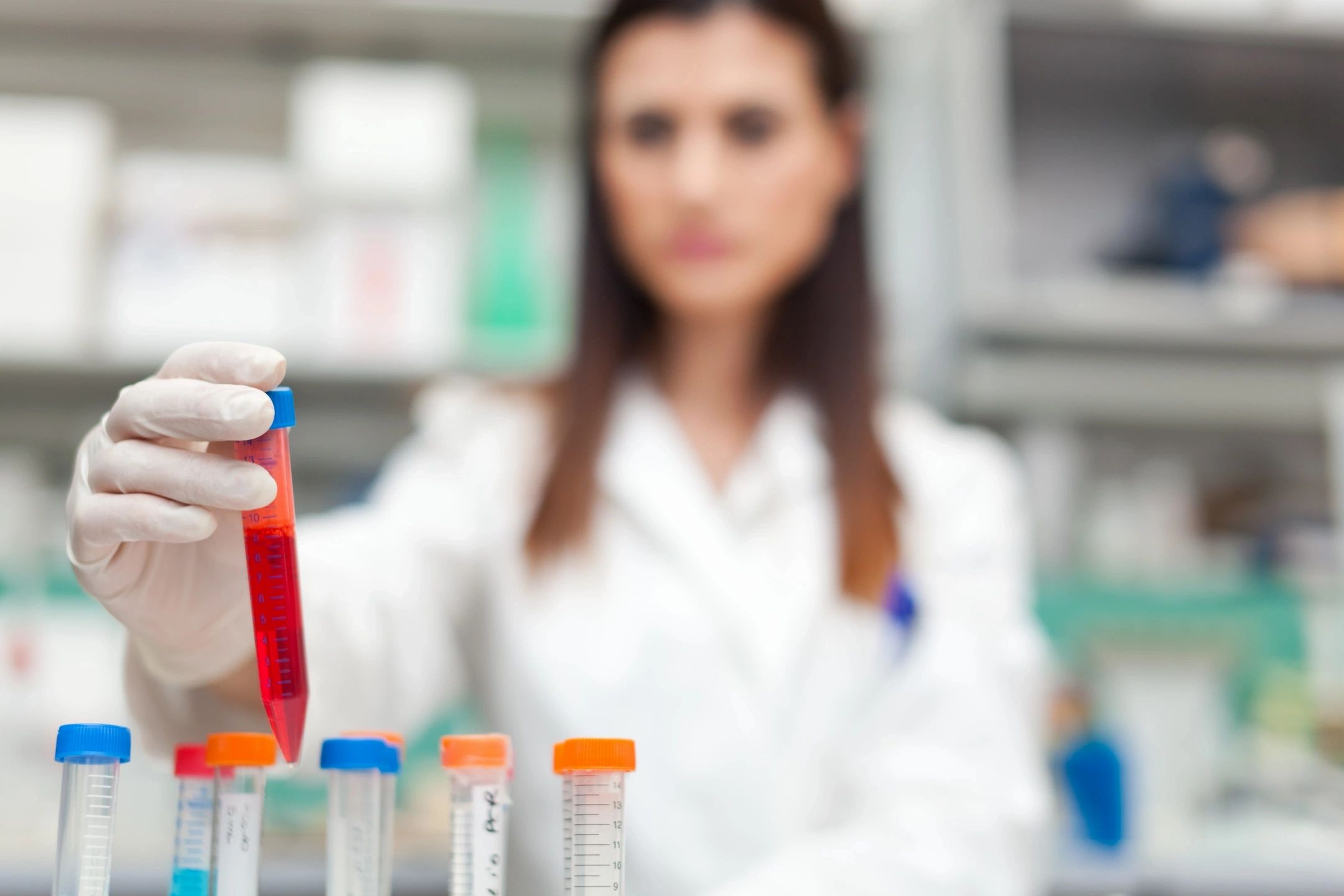
A new report released by the Movement Advancement Project (MAP) shows that LGBTQ households—especially those headed by Black and Latinx LGBTQ people—experienced disproportionate, negative impacts as a result of the COVID-19 pandemic. This includes being twice as likely to be unable to get necessary medical care and four times more likely to not have enough food to eat as non-LGBTQ households.
The report, The Disproportionate Impacts of COVID-19 on LGBTQ Households in the U.S., presents new findings and analysis of the nationally representative survey conducted by the Harvard T.H. Chan School of Public Health, NPR, and the Robert Wood Johnson Foundation. (See the broader Harvard/NPR/RWJF polling series.)
The report shows that, as a direct result of the pandemic, LGBTQ households experienced higher rates of job losses, serious financial problems, issues accessing health care, and increased challenges navigating at-home learning for their children, as compared to non-LGBTQ households. These disparities are heightened for Black, Latinx, and low-income LGBTQ people, reflecting broader national trends of who has been especially impacted by the pandemic.
“The pandemic has disrupted life for all of us. Yet, some communities have borne the brunt: Black and Latinx people, low-income people, and, as this new data show, LGBTQ people. Decades of discrimination on the job, in health care, and beyond, combined with uneven legal protections around the country make LGBTQ people more vulnerable to pandemic-related instability and insecurity, with an even more devastating impact on LGBTQ people of color,” said Ineke Mushovic, Executive Director at MAP.
Key findings from the report include:
Higher rates of job losses and economic uncertainty
- Since the pandemic began, nearly two-thirds (64%) of LGBTQ people and their families experienced a job loss or disruption, compared to just under half (45%) of non-LGBTQ households.
- 71% of Latinx LGBTQ households experienced loss of a job or other employment disruption.
- Since LGBTQ people have a higher rate of employment discrimination overall, they may struggle to find new jobs as a result of these job losses.
Greater economic insecurity and upheaval
- Two-thirds (66%) of LGBTQ households had at least one serious financial problem since the pandemic began, compared to 44% of non-LGBTQ households.
- Nearly all (95%) Black LGBTQ households and 70% of Latinx LGBTQ households experienced at least one serious financial problem since the pandemic began.
- Nearly one in five (19%) of LGBTQ households reported that they were not getting enough food to eat every day, compared to 5% of non-LGBTQ households.
More challenges in accessing healthcare
- 38% of LGBTQ households have been unable to get needed medical care or delayed getting medical care for a serious issue, compared to 19% of non-LGBTQ households.
- One-quarter (25%) of LGBTQ households were unable to get prescription drugs, or delayed doing so, for a major health issue during the pandemic, compared to 8% of non-LGBTQ people.
- More than 1 in 8 (13%) LGBTQ households have lost health coverage since the pandemic began, more than twice the rate of non-LGBTQ households (6%).
Increased challenges navigating working, school, and childrearing
- 52% of LGBTQ households with children were having trouble keeping their children’s education going compared to 38% of non-LGBTQ households with children.
- 29% of LGBTQ households had serious problems with internet connection for work or schoolwork at home, compared with 17% of non-LGBTQ households.
Income-based and regional differences
- Lower-income LGBTQ households reported higher rates of serious financial problems, job loss or disruption, and serious problems with internet, compared to higher-income LGBTQ households.
- LGBTQ people in the South and the Midwest regions of the U.S. reported that they had been hit particularly hard by the disruptions of the pandemic.
Greater social isolation
- While social isolation has been widespread since the pandemic began, LGBTQ people also report greater social isolation than non-LGBTQ people.
- 44% of LGBTQ households reported serious problems coping with social and physical isolation during the pandemic, compared to 23% of non-LGBTQ households.
- Since LGBTQ people are more likely to live alone and to lack an extended family network they can turn to for support, this can leave them particularly vulnerable because they may have no one to count on to pick up groceries or prescriptions, to check on them, or to provide vital social connection.
“It’s clear that the COVID-19 has amplified and exacerbated disparities that existed before the pandemic. LGBTQ people were more likely to struggle with economic stability and have challenges with access to health care prior to COVID, and that’s even more true now. The existing patchwork of legal protections is insufficient, which is why we need a nationwide law like the Equality Act so that LGBTQ people in every community are protected from discrimination,” said Logan Casey, Policy Researcher at MAP and an author of the report.
The survey was conducted in July and August of 2020 by NPR, The Robert Wood Johnson Foundation, and the Harvard T.H. Chan School of Public Health (NPR/RWJF/Harvard).
The survey was part of a polling series to examine the impact of COVID-19 on households in the United States. These findings illustrate the severity of COVID’s impact on LGBTQ households several months ago, before the current spike in cases and deaths.
As the pandemic both continues and worsens, LGBTQ people and their families will likely continue to face stark, and disproportionate, impacts on their economic security and their physical and mental health.
